Key Takeaways:
- Pharmacogenomics emerged from early observations of inherited drug responses in the mid-20th century.
- Advances in genomic technologies have accelerated the field’s growth since the 2000s.
- Pharmacogenomic testing may help guide drug selection and dosing in clinical practice.
- Future developments will likely include more comprehensive genetic panels and integration with other ‘omics’ data.
- Challenges remain in implementing testing, interpreting genetic data, accounting for differences in pharmacogenomic variants between populations, and addressing health disparities.
Pharmacogenomics, the study of how an individual’s genetic makeup influences their response to drugs, has emerged as a promising tool in personalized medicine over the past several decades. This article describes the development of pharmacogenomics from its early conceptual stages to its current applications in clinical practice and explores potential future developments.
Origins and Early Observations
The foundations of pharmacogenomics were laid in the mid-20th century when scientists began observing inherited differences in drug responses. A pivotal moment came in 1956 when Werner Kalow published a paper describing the genetic basis for prolonged muscle relaxation in some patients after receiving succinylcholine. This observation was instrumental in establishing the link between genetic variations and drug metabolism and efficacy.
Friedrich Vogel introduced the term “pharmacogenetics” in 1959, marking the birth of a new field of study. In the 1960s and 1970s, researchers identified several genetic polymorphisms associated with drug-metabolizing enzymes, including N-acetyltransferase 2 (NAT2) and cytochrome P450 2D6 (CYP2D6).
Molecular Biology and Genomic Advancements
The advent of molecular biology techniques in the 1980s and 1990s accelerated discoveries in pharmacogenetics. Researchers could now identify specific genetic variations associated with drug responses at the DNA level. The Human Genome Project, launched in 1990 and completed in 2003, provided a comprehensive map of human genetic variation, setting the stage for the expansion of pharmacogenetics into pharmacogenomics.
The term “pharmacogenomics” gained prominence in the late 1990s and early 2000s, reflecting a shift from studying single genes to examining the entire genome’s influence on drug response. This broader approach allowed researchers to investigate complex drug-gene interactions and identify multiple genetic factors contributing to drug efficacy and toxicity.
Clinical Implementation and Regulatory Recognition
As evidence supporting pharmacogenomics accumulated, testing became more integrated into clinical practice. A significant milestone occurred in 2004 when the U.S. Food and Drug Administration (FDA) approved the first pharmacogenomic test for CYP enzymes. This marked the beginning of regulatory recognition of pharmacogenomics in drug development and clinical decision-making.
Since then, the FDA has expanded approval to include other pharmacogenomic associations beyond transporter-mediated metabolism. Pharmacogenomic information is now included in the labels of over 200 drugs, providing guidance on genetic testing and dosing adjustments based on genetic variants. Some notable examples of drugs with this labeling include warfarin (anticoagulant), clopidogrel (antiplatelet), and abacavir (antiretroviral).
Current Applications and Challenges
The use of pharmacogenomic tests in clinical settings has increased over the past decade. Multi-gene panels now allow for the simultaneous assessment of multiple pharmacogenomic markers, providing a more comprehensive view of an individual’s genetic profile related to drug response.
Pharmacogenomic testing has found particular utility in oncology, psychiatry, and cardiology. For example, in oncology, testing for genetic variants of DPYD, UGT1A1, and TPMT helps guide dosing of chemotherapy drugs to minimize toxicity. In psychiatry, CYP2D6 and CYP2C19 genotyping aids in the selection and dosing of antidepressants and antipsychotics.
Despite significant progress, the widespread implementation of pharmacogenomics faces several challenges, including the complexity of interpreting genetic data, the need for healthcare provider education, cost and reimbursement issues, ethical and privacy concerns, portability of pharmacogenomic predictions between populations, and addressing health disparities in research and application.
Future Directions
Several trends are likely to shape the future of pharmacogenomics:
- Comprehensive genetic profiling, potentially including routine whole-genome sequencing
- Integration with other ‘omics’ data, such as transcriptomics, proteomics, and metabolomics
- Application of artificial intelligence and machine learning for data interpretation
- Large-scale precision medicine initiatives to enhance understanding across diverse populations
- Development of point-of-care testing for real-time pharmacogenomic analysis
- Increased incorporation of pharmacogenomic data in drug development processes
Pharmacogenomics has progressed significantly since its conceptual origins, enhancing our ability to personalize drug therapy. As we look to the future, integrating comprehensive genetic profiling with other molecular data and advanced computational methods promises to further refine our approach to precision medicine. However, addressing challenges in implementation, interpretation, and health disparities will be crucial to realizing the full potential of pharmacogenomics in improving patient care and drug development.
Sources:
- Kalow, W. (1956). Familial incidence of low pseudocholinesterase level. The Lancet, 268(6942), 576-577.
- Vogel, F. (1959). Moderne probleme der humangenetik. Ergebnisse der Inneren Medizin und Kinderheilkunde, 12, 52-125.
- Collins, F. S., Morgan, M., & Patrinos, A. (2003). The Human Genome Project: lessons from large-scale biology. Science, 300(5617), 286-290.
- FDA. (2004). FDA Clears Genetic Test That Advances Personalized Medicine. [Press release]
- Relling, M. V., & Evans, W. E. (2015). Pharmacogenomics in the clinic. Nature, 526(7573), 343-350.
- Weinshilboum, R. M., & Wang, L. (2017). Pharmacogenomics: Precision Medicine and Drug Response. Mayo Clinic Proceedings, 92(11), 1711-1722.
- All of Us Research Program Investigators. (2019). The “All of Us” Research Program. New England Journal of Medicine, 381(7), 668-676.


